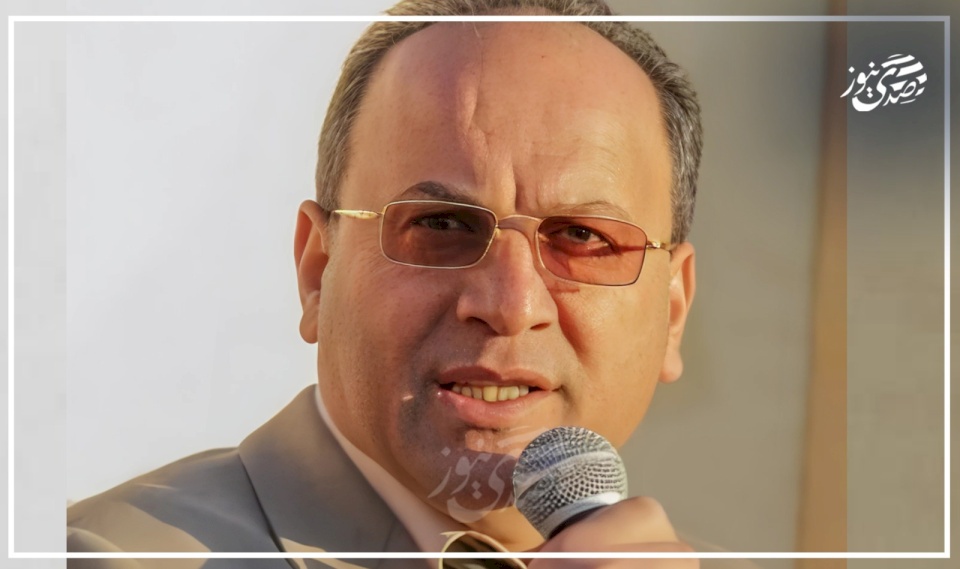
Blind Justice Before Palestine… Clear Sight Before America and Israel
In a world that raises slogans of justice and human rights in the morning, only to draw the curtains of silence over crimes in the evening, the scales of international law seem to have been designed to tip whenever American influence arrives or Israel appears as a party in any conflict.
A world that listens to the story of an Israeli soldier captured from inside an armed tank while ignoring dozens of Palestinian prisoners, or a child being snatched from his father's arms without charge, or a house being bombed and reduced to rubble, a world that sees shells raining down on Gaza daily like rain yet only acknowledges the victims when their mention serves a biased political narrative.
Israel continues to bomb Lebanon despite its ongoing occupation of well-known Lebanese territories and prevents its resistance from preparing to defend its threatened homeland, yet the international community treats the victim as the party always required to exercise restraint while the oppressor has the right to respond, defend, and justify. In Syria, the occupation has retained land for decades and adds new lands and assaults whenever it wishes, while the world remains a mere observer. Imagine if a missile were launched from Syria in response to ongoing aggression; voices demanding "the obliteration of Damascus" would rise under the banner of self-defense. What kind of justice changes based on the identity of the victim rather than the law?
In Gaza, the siege and bombing have continued for many years, and Palestinians are asked to accept a temporary life without a state, without a horizon, and without dignity. If they attempt to respond to the war machine, they are accused of terrorism, while the occupying state is granted ready political immunity, no matter what it commits.
In the background of this scene, as we mentioned, stands the file of Palestinian prisoners as the clearest evidence of the double standards of global discourse. The whole world speaks about Israeli prisoners—most of whom are soldiers captured inside military vehicles—while behind this noise, more than ten thousand Palestinian prisoners exist, many of them without trial, many in solitary confinement, and in conditions documented by human rights organizations as involving torture, deprivation of food, amputations, sexual assault, and grave violations. Yet their names do not appear in international conferences, nor are their images shown on news bulletins. Palestinian pain—once again—seems unsuitable for media use.
As for Western officials, they do not appear in any discourse without reiterating the narrative of Israeli prisoners as the main reason for war. They linked recognizing the state of Palestine to releasing them, and tied the entry of humanitarian aid to Gaza to their return. When they returned, nothing changed, and another excuse was proposed by discussing "changing curricula" before moving to the demand for "disarming the resistance" and reform, while the excuses transformed... but the logic remained the same.
Amid all this international bias, Arab silence remains one of the harshest elements of the scene. Arab presidents and kings have chosen individual salvation, and influential figures have opted to place their political survival above the dignity of their people, linking their decisions to Washington instead of being a support for their central cause. They see destruction and a lack of justice yet prefer narrow calculations over a moral stance, often turning these states into pressure tools against the victim rather than being a supporter for them.
This silence prolongs the duration of aggression and pushes the oppressed to fight alone, granting the oppressor a sense that the entire region stands behind him without daring to object.
Yet, despite all this injustice and bias, the voice of the oppressed remains present, emerging from the rubble as a testament that cannot be erased. The truth—no matter how much it is surrounded—does not die, and people—no matter how heavy oppression weighs on them—know how to rise and how to preserve the memory of justice when the entire world forgets its meaning.

With Leaders of His Army and Intelligence Present: Netanyahu Declares "War" on the Negev

Destruction of the Islamic Scene in the West

Media Deception… When Lies Are Cloaked in the Garb of Truth

Gaza Under Siege and Assassinations: Israel's Policy for Managing the Conflict

What is Required from Meladienov

My Friend... Maduro Was Taught a Lesson

The Burden of 2025 on the West Bank

